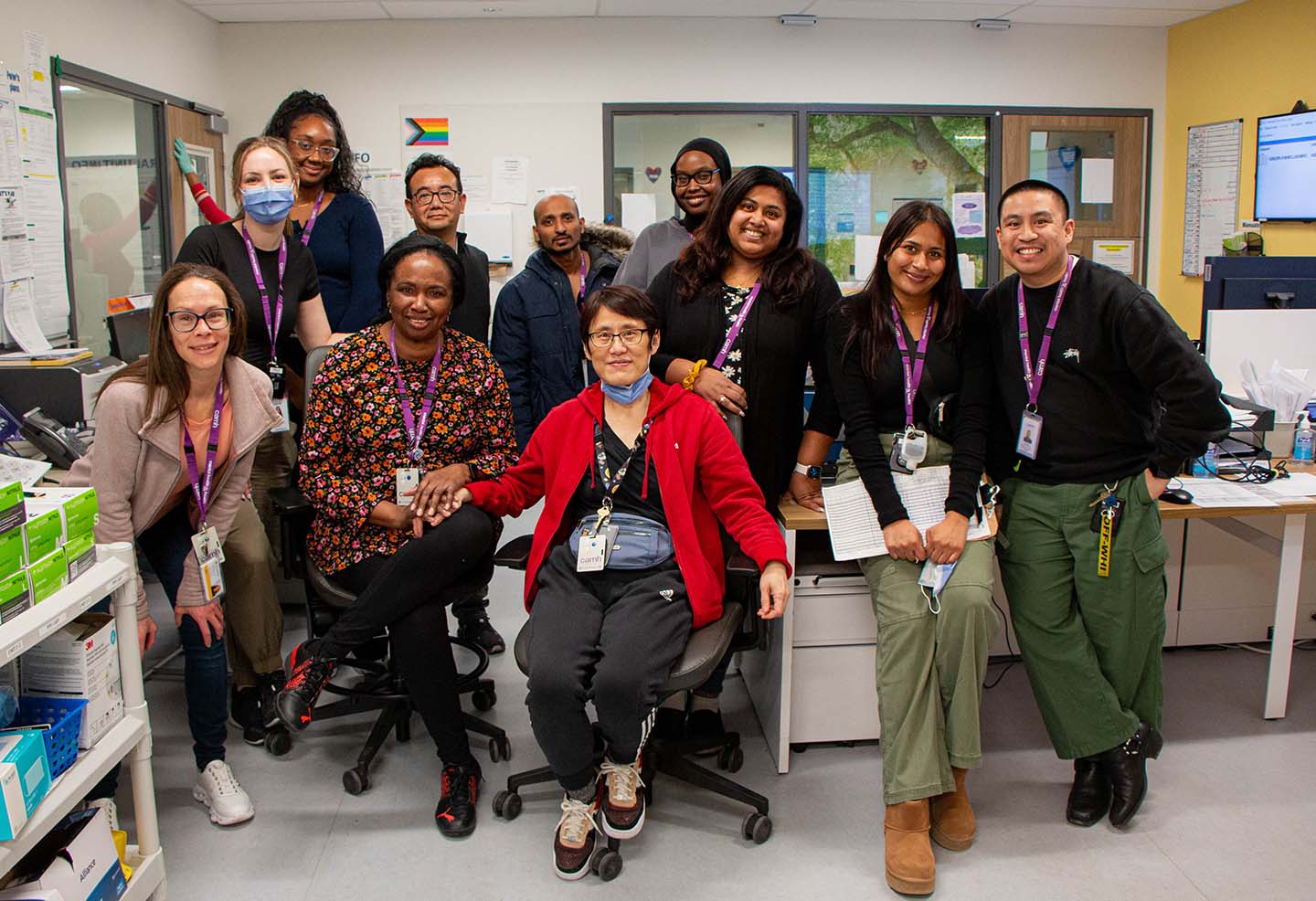We are living in a rapidly changing world as we navigate our way out of a global pandemic. It is a world where disparities between socio-economic groups are growing and the crisis of affordability continues to mount. We are reckoning with the history and ongoing impacts of structural oppression, including racism and colonization. The real threat of the climate crisis continues to dominate against a backdrop of evolving social and technological forces. By the time Canadians reach the age of 40, one in two have, or have had, a mental illness. And every day, more than 20 people in Canada die by overdose.
Set against these realities, mental health needs have never been greater. In Ontario, 47 per cent of students report moderate to serious psychological distress, and 50 per cent are depressed about the future because of climate change. Globally, there is one new case of dementia every three seconds. Our changing landscape demands that we act on the many forces that shape mental health across the lifespan, as our population ages and diversifies and young people face an uncertain future.
As CAMH looks ahead to 2030, our vision of health redefined means that we must reckon with the impact of mental illness at all stages of life. We need to recognize critical windows of development and change across the lifespan that present valuable opportunities to prevent mental illness and intervene early to reduce suffering and improve quality of life. Health redefined recognizes that the experience of a mental illness at one
stage of life affects risk for illness in later stages of life. Untreated mental illness and addiction increase the burden on those suffering and on their families. And they can cut 10 to 20 years from a person’s life expectancy. Yet our health care system was built to manage critical illness,
not prevent it or intervene early. This means that illnesses are much more complicated by the time people get help, disrupting lives even more and compromising recovery. We have a duty to do better than this, for today and for tomorrow. It is time to get upstream.
Getting upstream challenges us to shift health care from a reactive, crisis-based model to one that emphasizes prevention and early intervention. It means addressing social determinants of health to reduce health disparities, promote health and prevent mental illness. Making real progress demands that we expand this upstream approach to focus on identifying mental illness early and intervening as soon as possible, whether it is with youth, adults or people in later life. We need to build early warning systems and quick access to services that can identify and address early onset.
Science is starting to catch up to what people have known through experience for far too long. We now know that 75 per cent of serious mental illness starts before age 256 and that 75 per cent of people who present for a first episode of psychosis have already interacted with the mental health system for other reasons.7 Research also tells us that about 40 per cent of dementia cases are potentially preventable.8 We are clearly missing valuable opportunities for early intervention across the lifespan and across a spectrum of illnesses. We must act on these opportunities as a hospital, as a health care system, as a province and as a country.
At our hospital, we are rising to the challenge by working to become a Connected CAMH. We can’t do what needs to be done without partnerships. We need patients and families connected to clinicians and scientists. We need CAMH to connect to communities and policy makers. We need hospitals connected to primary care and housing. Through connection, we can learn from each other and design real, sustainable ways of helping people of all ages.




